Product details
What are Cetirizine Tablets?
Cetirizine is an antihistamine medicine that relieves the symptoms of allergies.
It's used to treat:
- hay fever
- conjunctivitis (red, itchy eye)
- eczema
- hives (urticaria)
- reactions to insect bites and stings
- some food allergies
Cetirizine is known as a non-drowsy antihistamine. It's much less likely to make you feel sleepy than some other antihistamines.
Key facts about Cetirizine Hay Fever Tablets
- It's usual to take Cetirizine once a day. Children sometimes take it twice a day.
- Cetirizine is classed as a non-drowsy antihistamine, but some people still find it makes them feel quite sleepy.
- Common side effects include headaches, dry mouth, feeling sick, dizziness, stomach pain and diarrhoea.
- It's best not to drink alcohol while you're taking Cetirizine as it can make you feel sleepy.
How much Cetirizine to take
- The usual dose in adults is 10mg once daily.
- Doses are usually lower for people with kidney problems.
- For children, your doctor will use your child's weight or age to work out the right dose.
- If you have bought Cetirizine for a child, follow the instructions on the packet.
- Depending on their age, children may take Cetirizine twice a day. In this case, try to space the doses 10 to 12 hours apart.
How to take Cetirizine
- You can take Cetirizine with or without food.
- Always take cetirizine tablets or capsules with a drink of water, milk or juice. Swallow them whole. Do not chew them.
When to take Cetirizine
- You may only need to take Cetirizine on a day you have symptoms - for example, if you have been exposed to a trigger like animal hair.
- Or you may need to take it regularly to prevent symptoms - for example, to stop hay fever during spring and summer.
Delivery options
UK Shipping:
Standard Shipping: £2.89
Free Shipping: Available on orders over £40.
Europe Shipping:
Standard Shipping: £9.99
Rest of the World (ROW) Shipping:
Standard Shipping: £19.99
Please note:
- Additional customs duties or taxes may apply for international shipments depending on the recipient country's regulations. Customers are advised to check local customs regulations before placing an order.
- Ensure you select the appropriate shipping option at checkout.
- Delivery times may vary based on the destination.
- For more information, see our delivery information or view our returns policy.
Top products in this category
![Piriton Allergy - 60 Tablets]()
Piriton Allergy - 60 Tablets
Allergies & HayfeverIn stock![Periactin 4mg Anti-Histamine Tablets – 30 Tablets]()
Periactin 4mg Anti-Histamine Tablets – 30 Tablets
Allergies & HayfeverIn stock![Benadryl Allergy Relief - 24 Capsules]()
Benadryl Allergy Relief - 24 Capsules
Allergies & HayfeverIn stock![Neilmed Sinus Rinse Kit With 60 Sachets]()
Neilmed Sinus Rinse Kit With 60 Sachets
Allergies & HayfeverIn stock![HC45 Hydrocortisone Acetate Cream - 15g]()
HC45 Hydrocortisone Acetate Cream - 15g
Allergies & HayfeverIn stock![Allevia Fexofenadine 120mg - 30 Tablets]()
Allevia Fexofenadine 120mg - 30 Tablets
Allergies & HayfeverIn stock![Hylo-Dual Relief From Allergy Symptoms Eye Drops - 10ml]()
Hylo-Dual Relief From Allergy Symptoms Eye Drops - 10ml
Allergies & HayfeverIn stock![NeilMed Sinus Rinse Refill Kit - 120 Sachets]()
NeilMed Sinus Rinse Refill Kit - 120 Sachets
Allergies & HayfeverIn stock![Neilmed Sinus Rinse Kit With 10 Sachets]()
Neilmed Sinus Rinse Kit With 10 Sachets
Allergies & HayfeverIn stock![Treathay Fexofenadine 120mg - 10 Tablets]()
Treathay Fexofenadine 120mg - 10 Tablets
Allergies & HayfeverIn stock![Benacort 64 Micrograms Nasal Spray - 10ml - 120 Sprays]()
Benacort 64 Micrograms Nasal Spray - 10ml - 120 Sprays
Allergies & HayfeverIn stock![Catacrom 2% Hay Fever & Allergy Eye Drops - 30 x 0.3ml]()
Catacrom 2% Hay Fever & Allergy Eye Drops - 30 x 0.3ml
Allergies & HayfeverIn stock
More products from this brand
![MHRA]()
UK Registered Pharmacy
The MHRA regulates medicines and medical devices in the UK.
![MHRA]()
GPhC Regulated Pharmacy
The GPhC regulates pharmacists, pharmacy technicians and pharmacies in Great Britain.
![MHRA]()
PCI DSS Compliant
PCI DSS is an information security standard for organisations that handle credit card payments.
![MHRA]()
ICO Registered Website
The UK's independent authority set up to uphold information rights in the public interest.

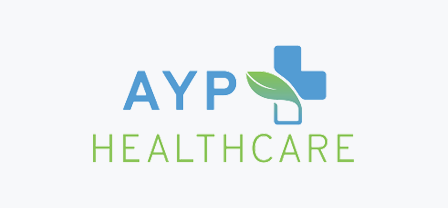
_-_Hay_Fever_and_Allergy_Relief_-_30_Tablets_30.jpg)
_-_Hay_Fever_and_Allergy_Relief_-_30_Tablets_30.jpg)



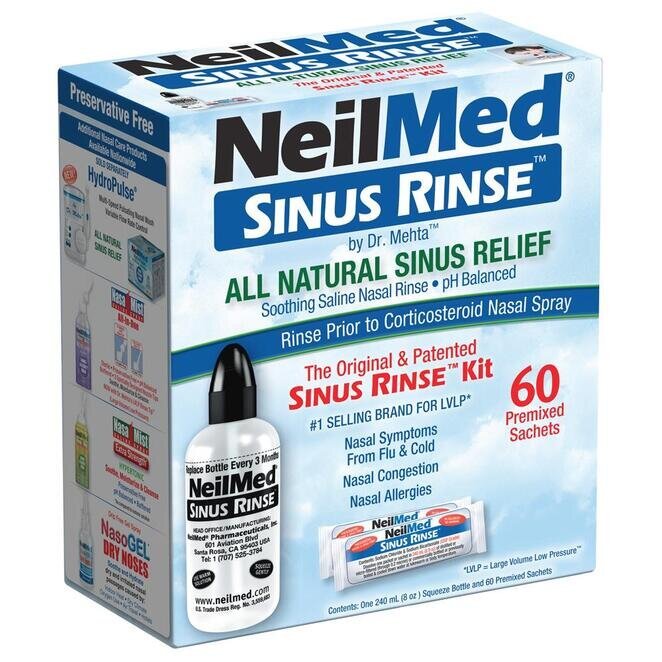

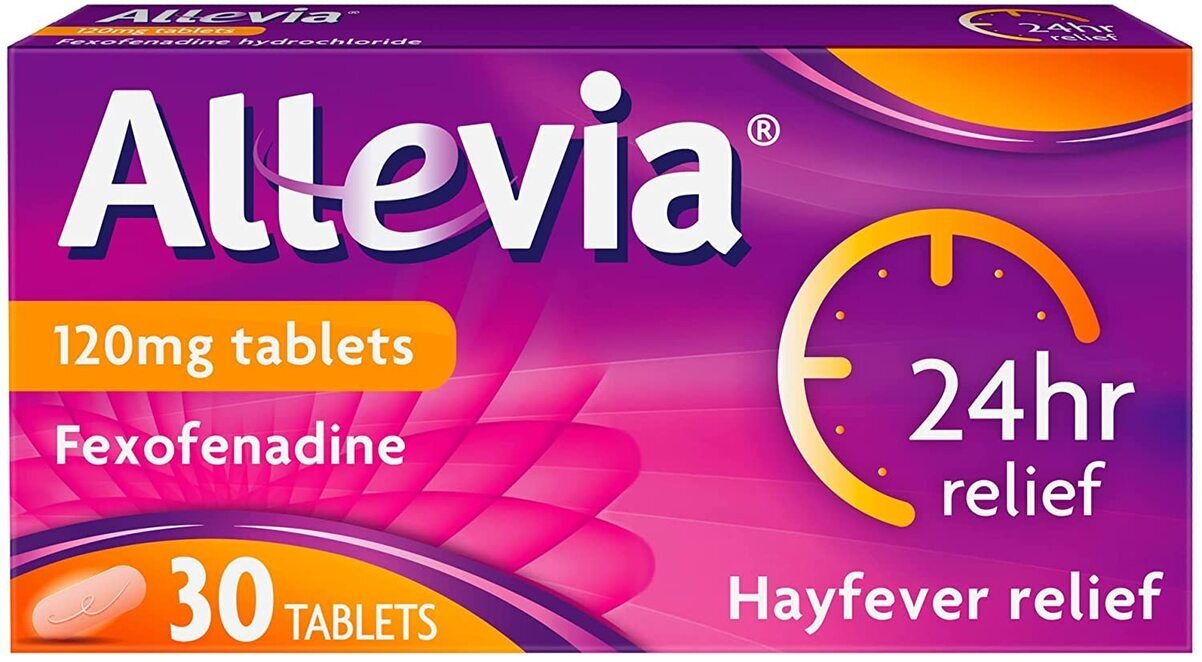



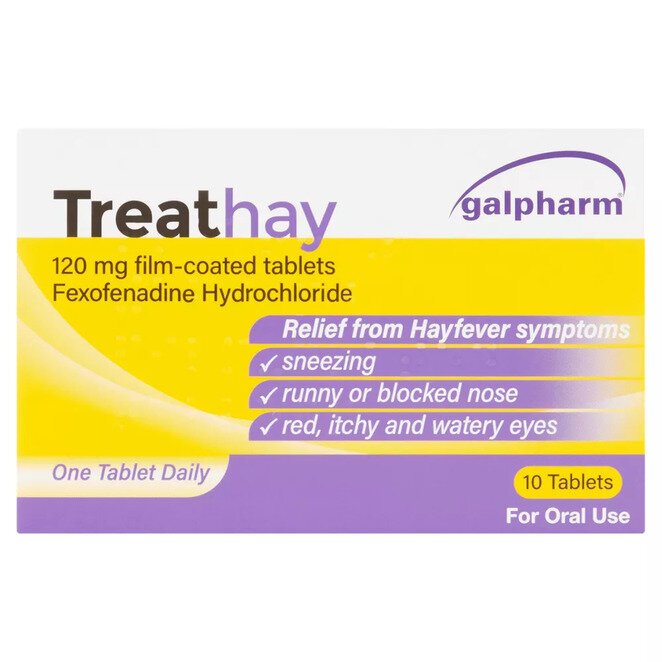

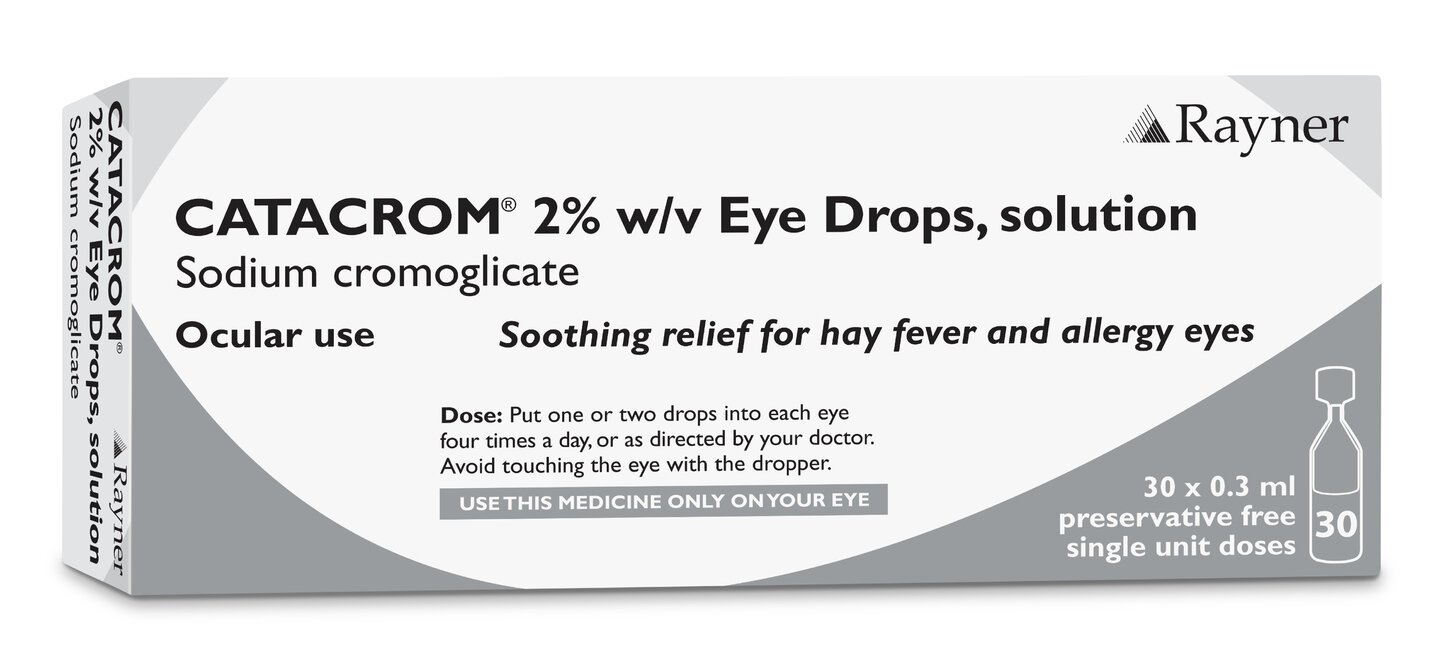
_-_Hay_Fever_and_Allergy_Relief_-_30_Tablets_30.jpg)







